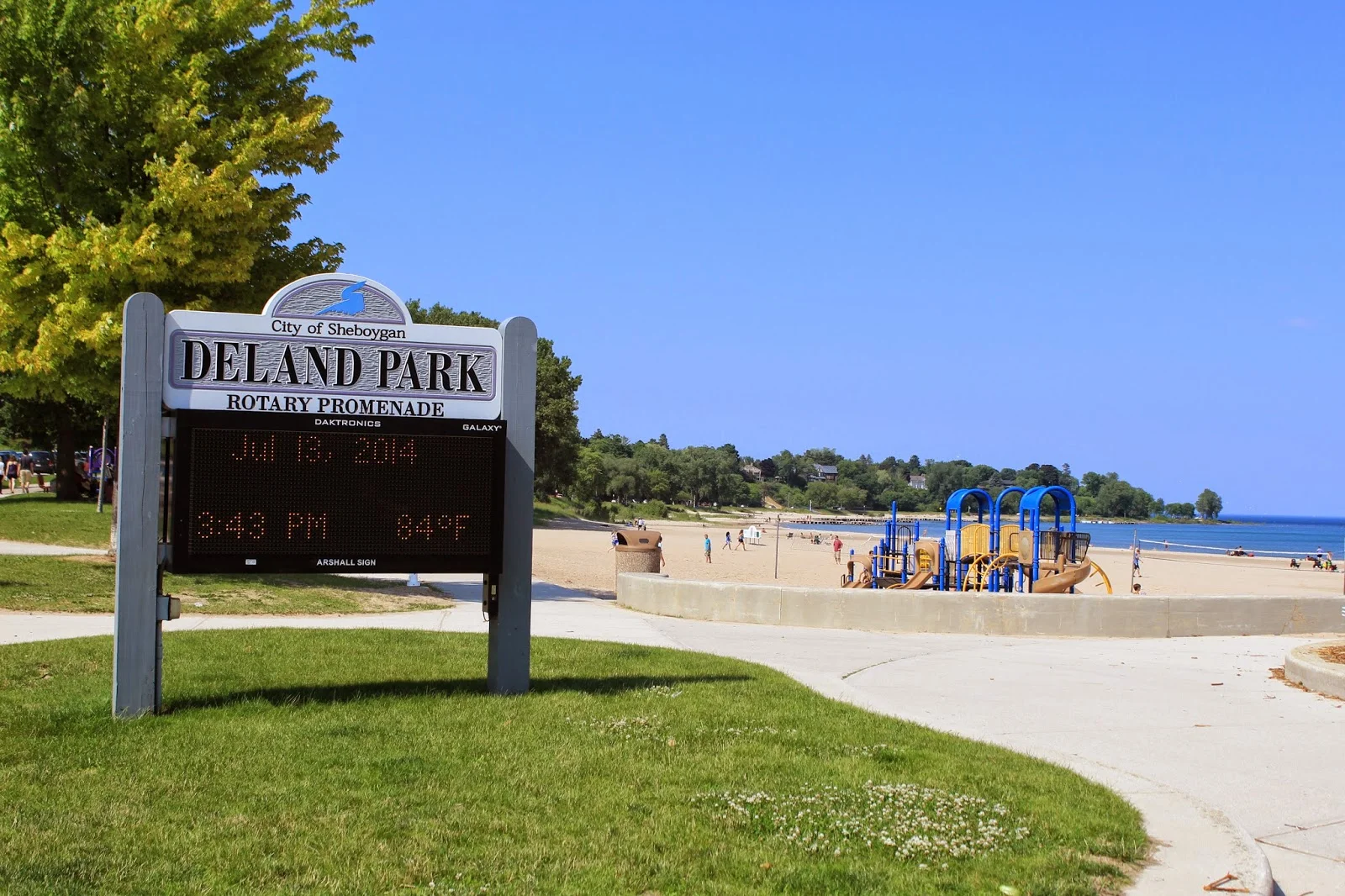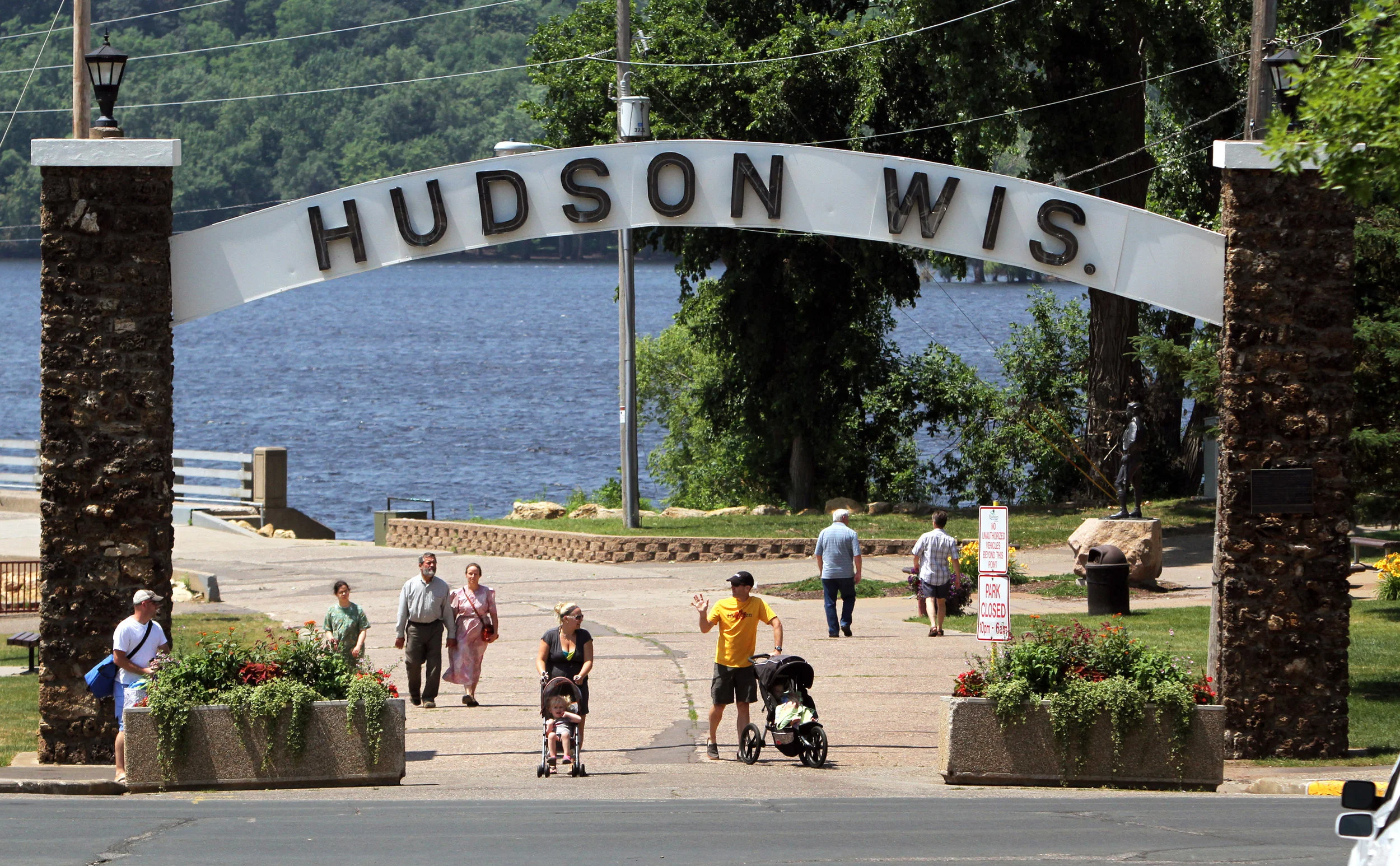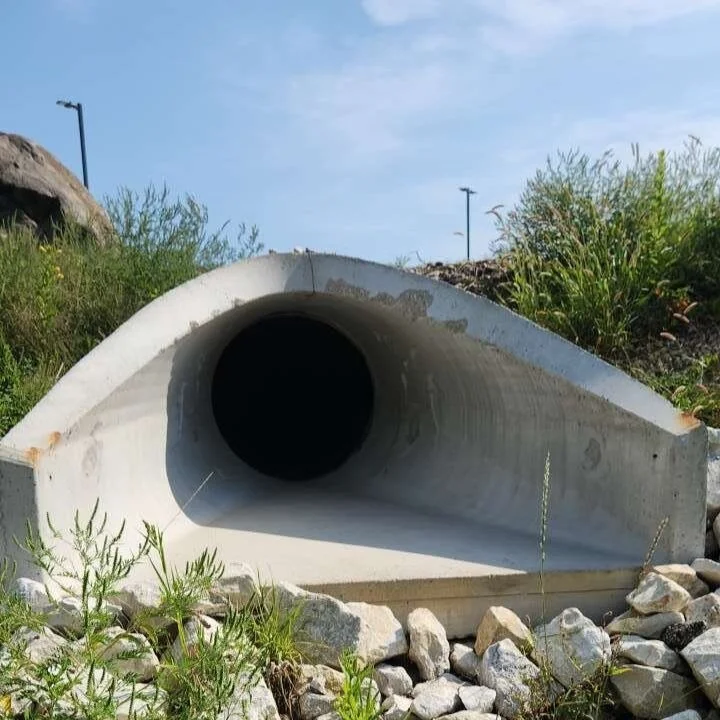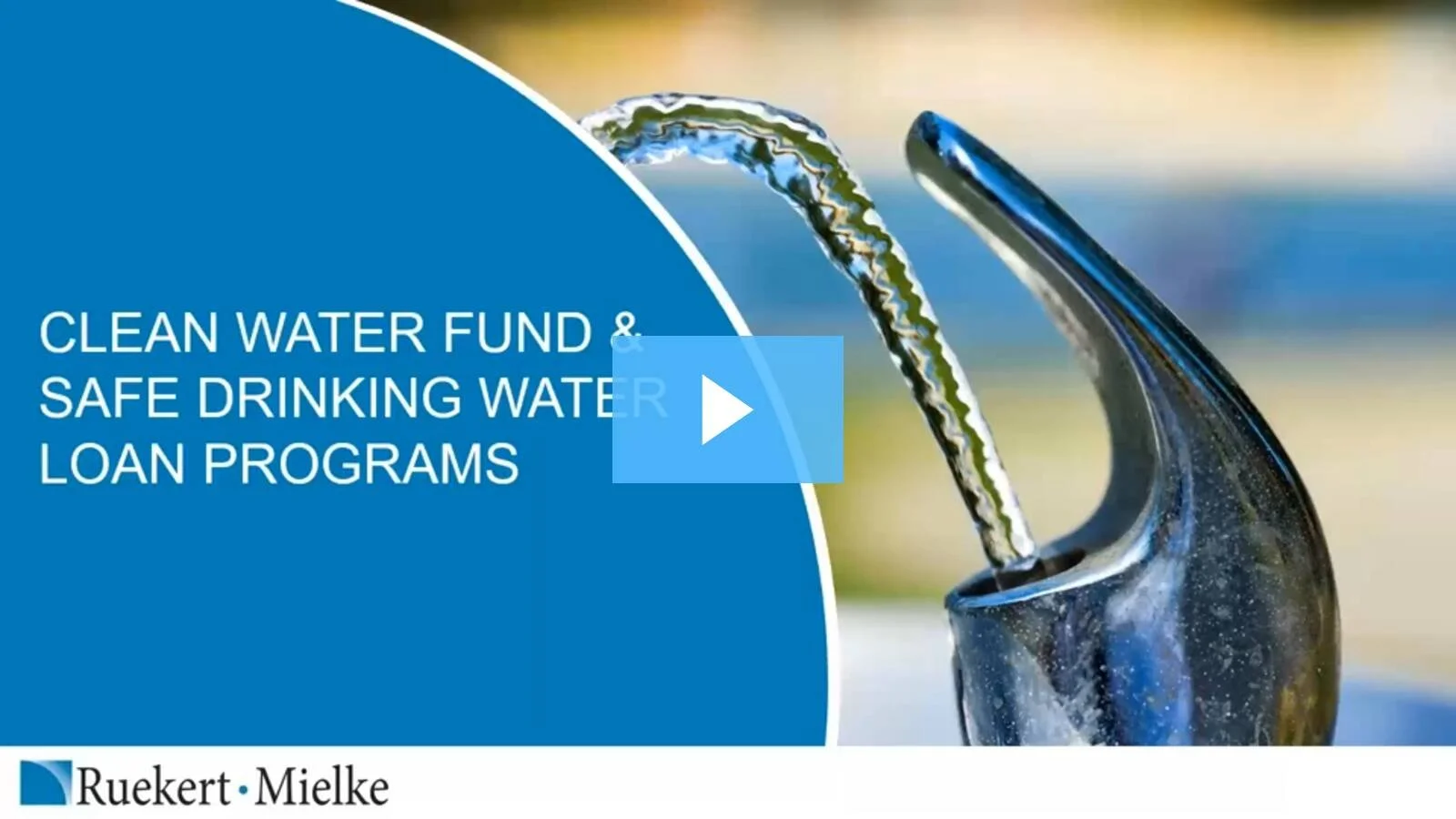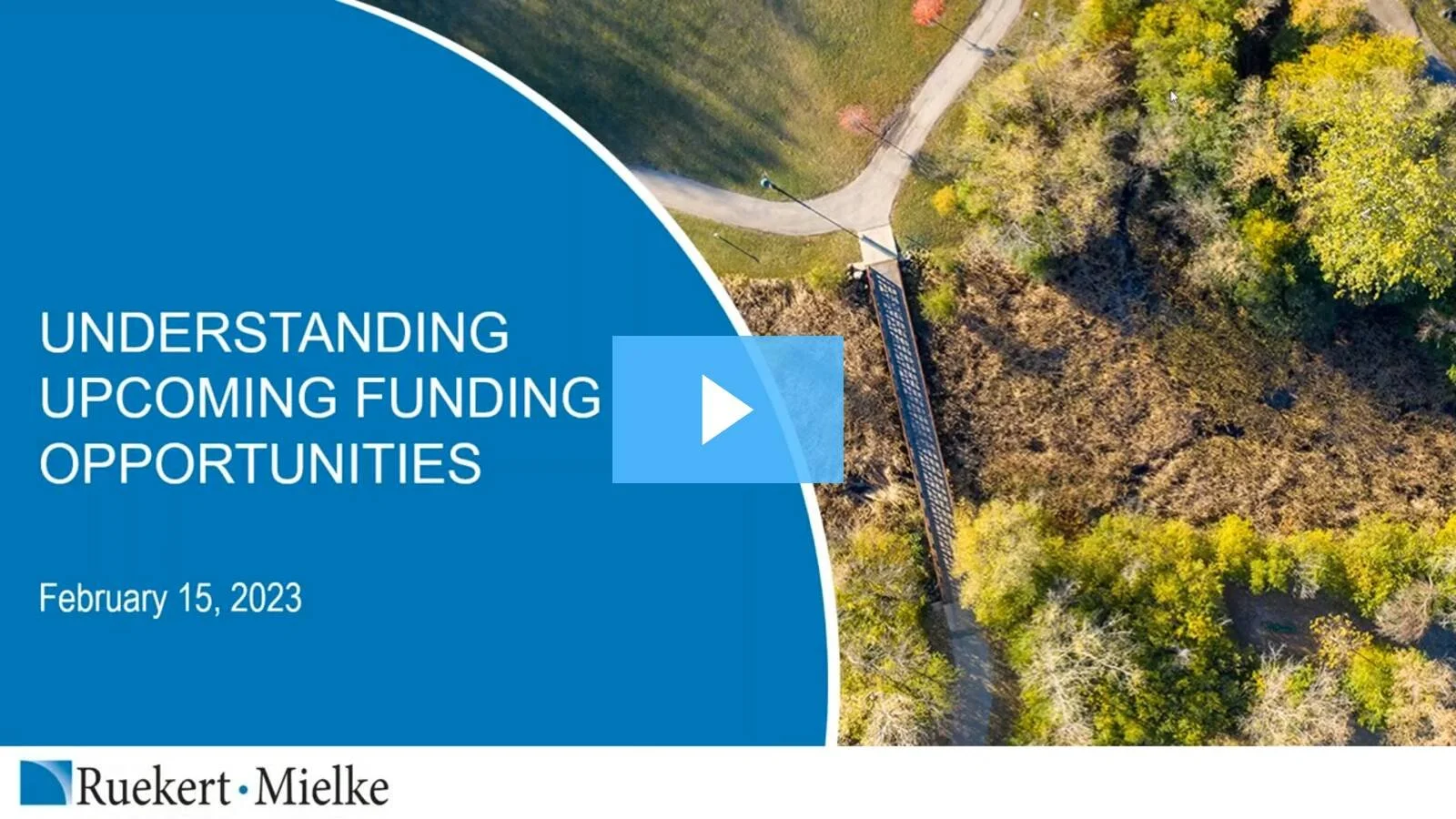Is your community concerned about looming infrastructure needs, encroaching property tax limits, rising utility rates, or tightening regulations? Are you meeting the high expectations for service quality and reliability?
Ruekert & Mielke, Inc. (R/M) partners with municipalities and companies to find and solve financial challenges. Our extensive knowledge and expert analysis help our clients succeed in spite of increasingly difficult financial constraints.
Services
Impact fee and Special Assessment Studies
Utility Acquisitions and Consolidations
Wholesale Water and Sanitary Sewer Contracts and Inter-municipal Negotiations
Water, Sanitary Sewer, and Storm Water Cost of Service and Rate Design
Expert Witness and Strategy
Grant Applications and Funding Strategies
Water Loss Management and Conservation Planning
Utility Demand and Revenue Forecasting
Asset Management and Capital Improvement Plans
“With assistance from R/M’s financial team, water rate applications to the Public Service Commission have never been easier. R/M’s experts have extensive financial knowledge and know how to apply it. R/M’s relationships and location in Madison make working with state agencies a breeze. They successfully navigate the bureaucracy in Madison and deliver results.”
The City of Sheboygan, Wisconsin, wanted to provide amenities to attract development to the City, while shielding current residents from the cost of new development. Ruekert & Mielke recommended impact fees to fund park facilities and prepared an impact fee study. Sheboygan implemented its first impact fees to fund $760,000 of capital costs for the park and recreation trail.
The Racine Water Utility needed to increase water rates to meet increasing operation and maintenance costs, depreciation, and property tax equivalent payments. Ruekert & Mielke applied to the Wisconsin Public Service Commission and prepared a water rate study, supported by the PSC. Submitting its own rate study allowed Racine more control over the new water rate agreements, allowing it to increase revenue by $1.5 million, while keeping water rates competitive, and reducing fees to the City of Racine for water utilized for fire protection.
The City of Hudson and Village of North Hudson share their water and sanitary sewer systems. The Village and City own different parts of both systems. Bogged down with unclear and outdated intermunicipal agreements, they needed a way to resolve questions over the funding, repair, and operation of the water and sanitary sewer systems.
The City of Franklin, Wisconsin, had a $13 million-dollar goal to supply new growth to parks and trails through 2030. Ruekert & Mielke prepared an impact fee study for Franklin including: updating service-level standards, development, and capital cost forecasts. The revised impact fees will allow Franklin to acquire and develop 252 acres of new parks, and five miles of new trails.


